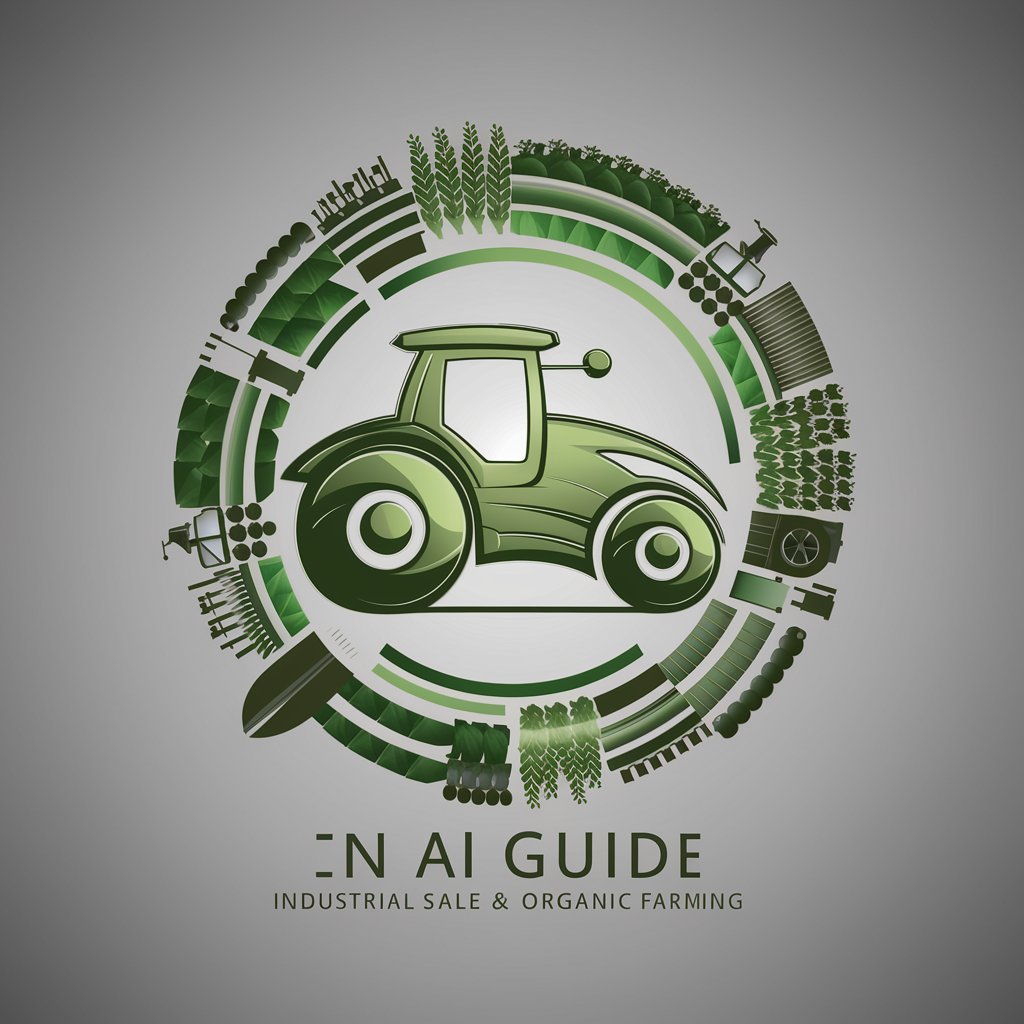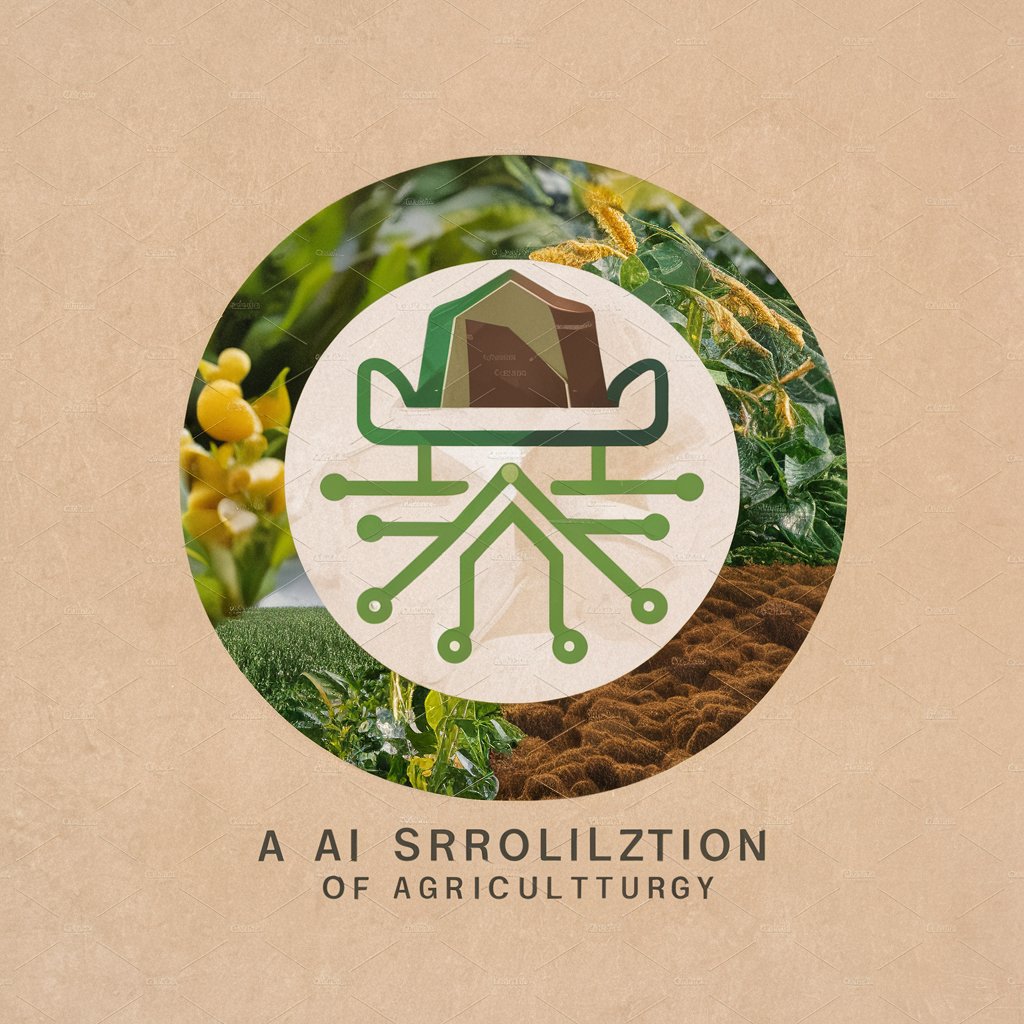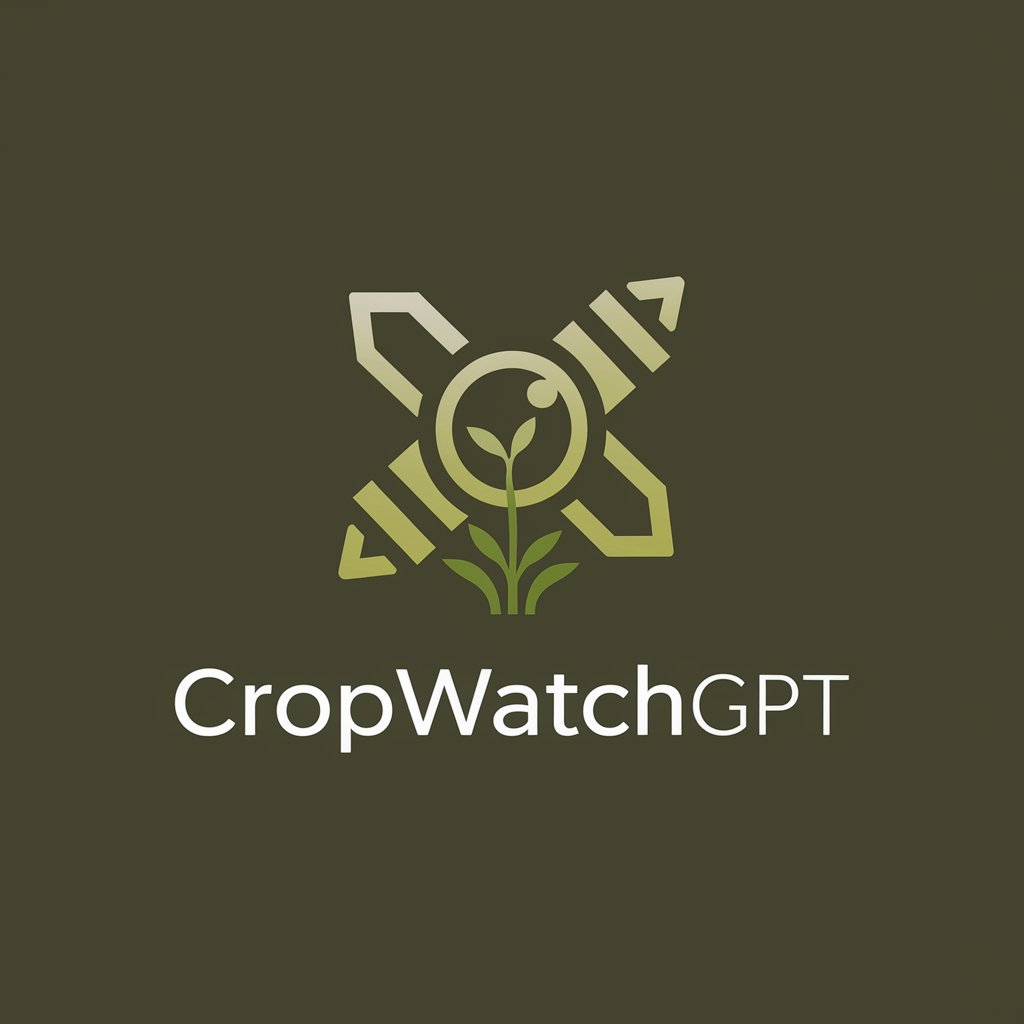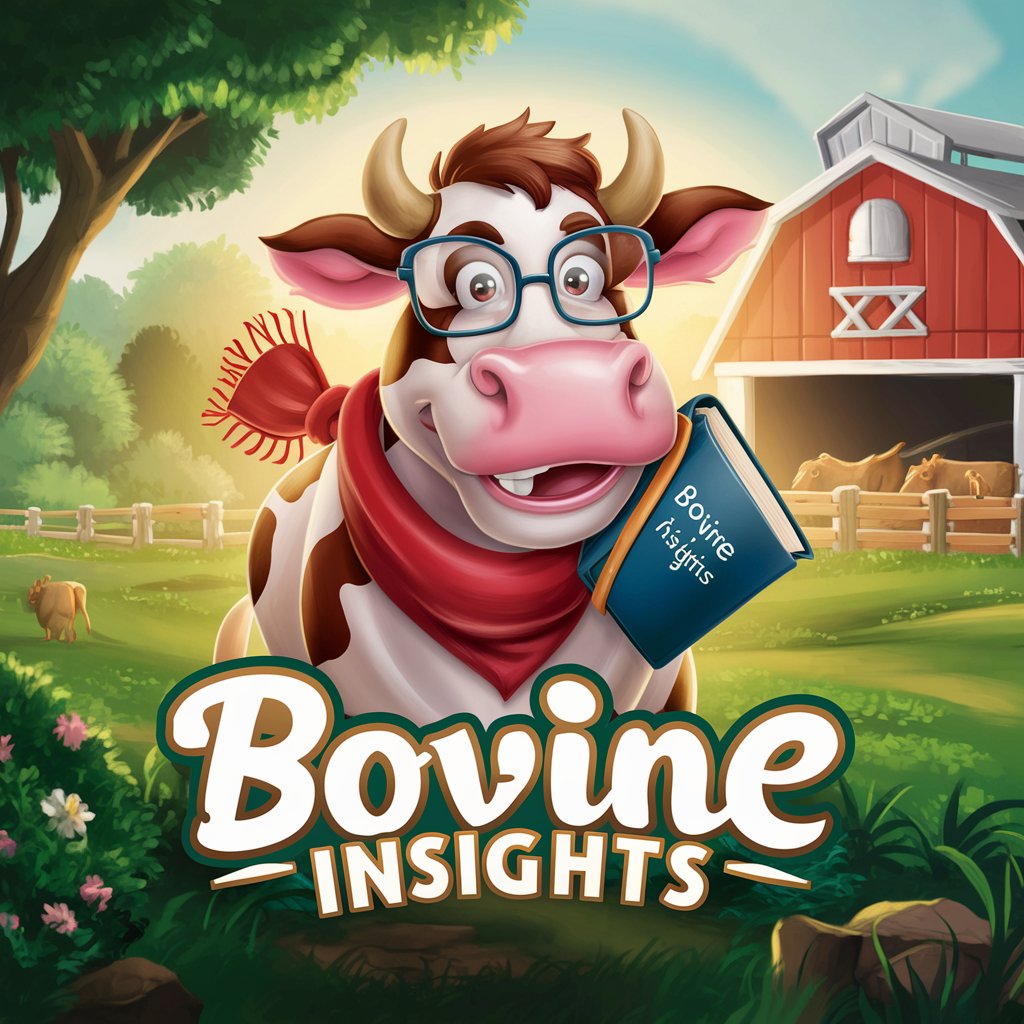Organic Farming - Organic Farming Insights

Hello! I'm here to help you explore the world of organic farming and sustainable agriculture.
Empower farming with AI-driven organic insights
Explain the benefits of crop rotation in organic farming.
Describe the process of obtaining organic certification for a farm.
What are the key differences between industrial-scale and organic farming?
How does organic pest control work compared to conventional methods?
Get Embed Code
Introduction to Organic Farming
Organic farming is a holistic agricultural management approach that aims to promote healthy, sustainable ecosystems and environments. It eschews the use of synthetic fertilizers, pesticides, and genetically modified organisms (GMOs), focusing instead on natural processes and cycles to maintain and enhance soil fertility, ecological balance, and biodiversity. Organic farming practices include crop rotation, green manure, composting, biological pest control, and mechanical cultivation. These practices are designed to reduce pollution, conserve water, reduce soil erosion, increase soil fertility, and use energy more efficiently. An example scenario illustrating organic farming's principles could involve a farmer implementing a crop rotation system to naturally replenish soil nutrients, using legumes to fix nitrogen in the soil, and employing beneficial insects to control pests, thereby eliminating the need for synthetic inputs. Powered by ChatGPT-4o。

Main Functions of Organic Farming
Soil Management
Example
Use of compost, green manure, and crop rotation
Scenario
A farmer applies compost to enrich the soil with organic matter, plants green manure crops to fix nitrogen, and rotates crops to break pest cycles and improve soil structure.
Pest and Weed Management
Example
Biological pest control and mechanical weeding
Scenario
Instead of chemical pesticides, a farmer releases beneficial insects to control pest populations and uses mulching and cultivation techniques to manage weeds.
Water Conservation
Example
Drip irrigation and rainwater harvesting
Scenario
To optimize water use and minimize waste, a farmer implements a drip irrigation system to deliver water directly to the plant roots and collects rainwater for irrigation purposes.
Biodiversity Enhancement
Example
Planting cover crops and creating wildlife habitats
Scenario
A farmer plants a variety of cover crops to provide habitat for beneficial insects and wildlife, enhancing ecosystem diversity and resilience.
Sustainable Crop Production
Example
Selection of disease-resistant crop varieties and diversified cropping systems
Scenario
By choosing disease-resistant varieties and diversifying crops, a farmer improves crop health and yield, reducing the need for external inputs.
Ideal Users of Organic Farming Services
Small to Medium-Scale Farmers
These farmers can benefit from organic farming by diversifying their production, improving soil health, reducing dependency on chemical inputs, and potentially accessing higher-value markets through organic certification.
Agricultural Educators and Students
Individuals involved in agricultural education can use organic farming principles to teach sustainable agricultural practices, ecological balance, and the importance of biodiversity in farming systems.
Environmental Advocates
People passionate about environmental conservation can advocate for organic farming as a means to promote sustainable land use, protect water quality, and reduce carbon footprints.
Consumers Interested in Sustainable Living
Consumers who prioritize sustainability and health in their purchasing decisions can support organic farming by choosing organic products, thereby encouraging more sustainable farming practices.
Policy Makers and Agricultural Planners
Policy makers and planners can use organic farming principles to develop agricultural policies and programs that support sustainable development, environmental protection, and food security.

Getting Started with Organic Farming
Initiate Your Journey
Start by exploring organic farming methods without any initial commitment. Access a comprehensive platform like yeschat.ai for a free trial, where no login or subscription to premium services is required.
Understand Organic Principles
Familiarize yourself with the core principles of organic farming, including soil management, crop diversity, pest control without chemicals, and maintaining ecological balance.
Plan Your Farm Layout
Design your farming area based on crop rotation schedules, companion planting, and biodiversity to enhance soil fertility and pest management naturally.
Implement Sustainable Practices
Begin with soil preparation using compost, green manure, and biofertilizers. Choose suitable crop varieties, and implement water conservation techniques and natural pest control methods.
Monitor and Adjust
Regularly assess the health of your crops and soil. Adjust your farming practices based on observations and continue learning about advanced organic techniques for continuous improvement.
Try other advanced and practical GPTs
Agriculture
Cultivating Success with AI-Powered Agriculture Insights

CropWatchGPT
Harness AI for Precision Agriculture

Biblical Scholar Bot
Unlocking Biblical Insights with AI

Scripture Guide
Illuminating Scripture with AI

Advertising
Empowering Your Message with AI

Accounting GPT Consultant
Simplifying Accounting with AI

BoardGame Wallpapers
Transforming board games into artful backgrounds.

Cow
Unlocking the World of Cows with AI

JS Algo Tutor v1.0
Master Algorithms and Data Structures with AI-Powered Guidance

AI Perl Programmer
Empowering Perl Development with AI

Luxury Wall Art Analyst
Empowering Art Ventures with AI

BrandCraft
Crafting Unique Brands with AI Power

FAQs on Organic Farming
What are the key benefits of organic farming?
Organic farming enhances biodiversity, soil fertility, and ecological balance, reduces pollution and greenhouse gases, and produces food with fewer synthetic chemicals.
How does crop rotation work in organic farming?
Crop rotation involves alternating the types of crops grown in a particular area across seasons or years. This practice prevents soil depletion, reduces pest build-up, and improves soil structure and fertility.
Can organic farming reduce pests without chemicals?
Yes, through biological pest control, using natural predators, and cultural practices like crop rotation and companion planting to create an environment less conducive to pests.
What is required for a farm to be certified organic?
Certification requires adherence to organic standards set by regulatory bodies, which include avoiding synthetic fertilizers and pesticides, using only approved substances, maintaining detailed records, and undergoing regular inspections.
How can one maintain soil health in organic farming?
Maintaining soil health involves using compost, cover crops, reduced tillage, and crop rotations to enhance soil structure, fertility, and microbial activity, thus ensuring sustainable production.
